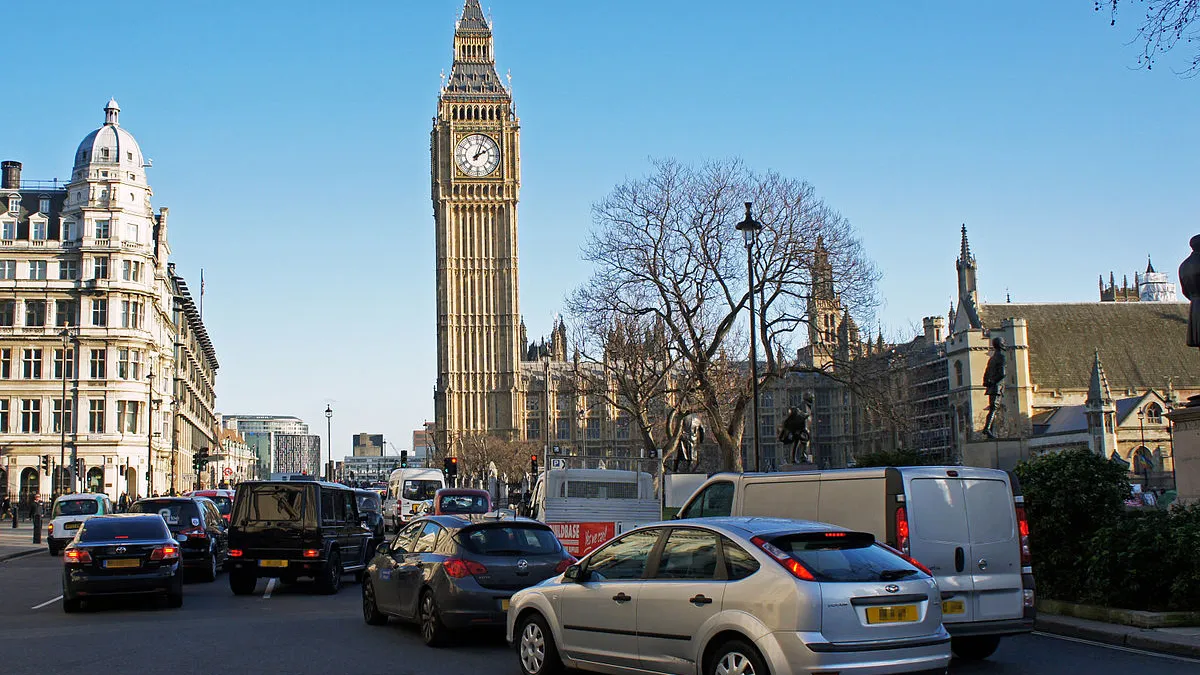Dive Brief:
- London Mayor Sadiq Khan announced the city’s first resilience strategy to organize the city’s preparation for long-term threats including climate change and the economic impact of Brexit. The plan was developed under the now-shuttered 100 Resilient Cities project (100RC).
- The resilience plan includes language to ensure food security, especially amid the supply and economic changes from Britain’s departure from the European Union. Other aspects of the plan give special attention to heat waves and water shortages, and include steps to prepare for cyberattacks and physical terrorist attacks by increasing first-aid training and coordination among first responders.
- "We need to place equal emphasis on reducing the likelihood of emergencies happening in the first place and mitigating their impact, as we do on reacting once they have happened," Fiona Twycross, deputy mayor for fire and resilience, said in a statement.
Dive Insight:
London’s resilience plan — which has been years in the making — shows that vulnerabilities are not exclusive to weather and climate change. Londoners must also deal with the economic uncertainty that comes from Brexit and the long-term impacts of the UK’s austerity policies. The plan goes beyond physical infrastructure, touching on the city’s social services, the National Health System and even social integration.
The strategy also seeks to engage citizens, whether that's through direct training in skills like first aid, or simply increasing community involvement as new policies are drafted. The plan is intended to "put the capital on the right footing to reduce the likelihood of emergencies happening in the first place, and to help all Londoners cope with and recover from external shocks – making our city safer and our economy stronger," Khan said in a statement.
Cities and states have increasingly picked up resilience plans or appointed resilience officers, in part because of the influence of groups like 100RC. However, those officers or plans often focus just on climate and may not reach across city departments.
London’s varied approach showed that the city was thinking beyond traditional silos to integrate resilience across different government functions, according to Jeb Brugmann, a long-time urban adviser and founding principal of Resilient Cities Catalyst, the new nonprofit from former 100RC executives.
"The key thing is after the strategy is released, the pressure is on the political leadership to make it happen," Brugmann, a former 100RC executive, told Smart Cities dive. "Resilience is about adaptive capacity to not just be stuck on one theme and move that forward, but to recognize the stressors and adapt."











